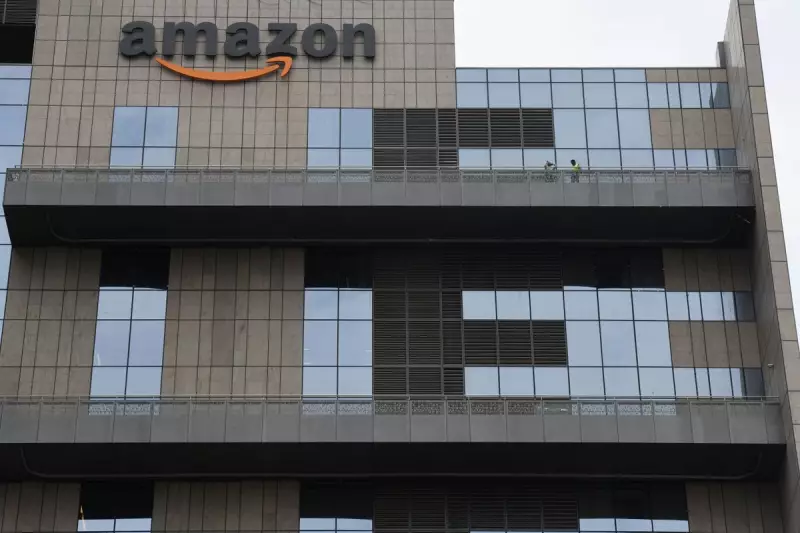
Amazon is facing serious allegations regarding the working conditions within its Indian fulfilment centres, where employees are reportedly labouring through a brutal heatwave without sufficient protection.
The e-commerce giant's facilities have become dangerously hot, with workers describing temperatures so extreme that they've resulted in frequent cases of dizziness, vomiting, and fainting on the job. This has prompted urgent calls for action from workers' unions.
Unbearable Working Environment
Inside the vast warehouses, employees are struggling to cope. The primary complaint centres on the apparent failure of the cooling systems to handle India's scorching summer temperatures, which have recently soared past 50°C (122°F) in some regions.
"The heat is unbearable," one worker reported. "We are given one or two water bottles, but it is not enough. Many of my colleagues have fallen sick."
Union Demands Immediate Action
The All India Central Council of Trade Unions (AICCTU) has been vocal in its condemnation. They accuse Amazon of blatantly disregarding the health and safety of its workforce by failing to provide adequate hydration, sufficient rest breaks, and a properly cooled working environment.
The union has submitted a formal complaint to local labour authorities, demanding an immediate investigation into what they label as "unethical and illegal" practices that put thousands at risk.
Amazon's Response Under Scrutiny
In response to the growing criticism, an Amazon spokesperson stated that employee safety is a "top priority." The company claims to have implemented various measures, including providing water stations, electrolyte solutions, and rest areas equipped with cooling systems.
However, workers and union representatives on the ground strongly contest this version of events, asserting that these measures are either insufficient or not effectively implemented in many locations.
A Wider Pattern of Concern?
This incident raises broader questions about the working conditions within global supply chains, particularly for frontline logistics workers who are on the front lines of climate change-induced extreme weather. As heatwaves become more frequent and intense due to global warming, the duty of care employers have for their staff is coming under increased scrutiny.
The situation in India serves as a stark reminder of the human cost behind the convenience of next-day delivery, prompting calls for stronger regulations and corporate accountability worldwide.





